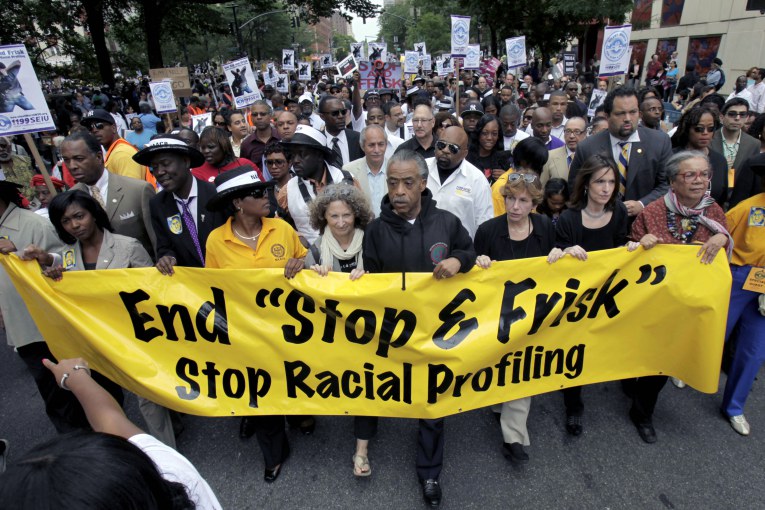
 By Lorena González
By Lorena González
In the final entry in the series, “Waking Up in Trump’s America,” Seattle Councilmember At-Large Lorena González argues that police reform will come from pressure on local and county government and not from Washington, D.C.
One of the hardest things I’ve done in my career is to sit with the family of a man whose life has been taken by the police. In those meetings, as both a civil rights attorney and as and elected official, I have listened to a mother cry for the loss of her beloved son. Stories of a compassionate son, who made some mistakes in life, but did not deserve to prematurely die permeate the room.
It is with empathy that I listen to memories of a relative that is not recalled as a criminal, according to the media, but as the life of the party or the one who always stepped up to take his mom to run errands. It’s not too far of a reach for me to relate given my own personal experience of losing a cousin to police violence or listening to my brother talk about his experience with biased-policing. These are the real experiences of brown and Black American families in today’s America.
Without due process of the law, a son, a brother, a friend, has been torn away forever from his loved ones. Was he guilty? Was he innocent? We’ll never have a chance to find out because he’ll never get his day in court. Now we’re facing down a president and an attorney general who patently deny the crisis of police reform gripping this nation. Who will sit with all the families living in fear that their son or daughter could be next?
As Sen. Jeff Sessions sat through confirmation proceedings, I felt for a brief moment as if over ten years of work tackling police brutality was falling apart in front of me. This is a man who has blocked the path to citizenship at every turn for undocumented immigrants, a group that at one point in time included my own mother and father. In his testimony last week, Sen. Cory Booker warned that Sessions’ record as a lawyer, former Alabama attorney general, and United States senator shows that he will not protect people of color, LGBTQ, and immigrant communities.
In short, those most at risk to suffer police misconduct.
When people think of places in America grappling with police reform, many towns come to mind. Ferguson. New York City. Philadelphia. While Seattle, that liberal bastion of the Pacific Northwest, might not be the first place you think of, the reality is that my city is struggling with police reform just like the rest of our nation. Indeed, Seattle has been under a federal consent decree for unconstitutional policing since 2012, after a string of high-profile excessive force and biased-policing incidents resulted in public outcry.
There is fear here, too. Fear that the deaths in our city will go unacknowledged and unresolved. Fear that our new president, through neglect and perhaps outright malice, will usher in an era of tacit allowance toward brutal police practice and misconduct. Sen. Sessions has consistently expressed his skepticism of using consent decrees as a tool to reform police departments. But in Seattle the consent decree process has yielded much needed and overdue reform that would not have occurred but for the intervention of the Department of Justice. These interventions are critical for departments less inclined to voluntarily participate. However, criminal justice reform will not end now that the Trump administration is in power. Elected officials, like those in Seattle, and activists across the country will fill the gap and continue to push for needed reforms.
In the face of national uncertainty, there is hope. In Seattle, our police reform process is well underway and will not be derailed by national leadership changes. Very soon police reform legislation will be heard in my city council committee. The laws we make there will create a clear and structured path forward for the protection of all our residents. Further, we will be a beacon of hope for localities around the country, proving that reform can and will take place during a Trump presidency.
Over the next four years, it will fall to city and county governments to forge the path forward on police reform. The people who founded this nation made sure that its future residents would have recourse in the event of a federal government that does not reflect their beliefs. Now is the time to put the strength of the will of the people to the test.
I urge you — write to your city council, your county council, your state legislature representatives. These are the bodies that will hold the power to reform for the next four years.
Lorena González is a Councilmember At-Large on the Seattle City Council